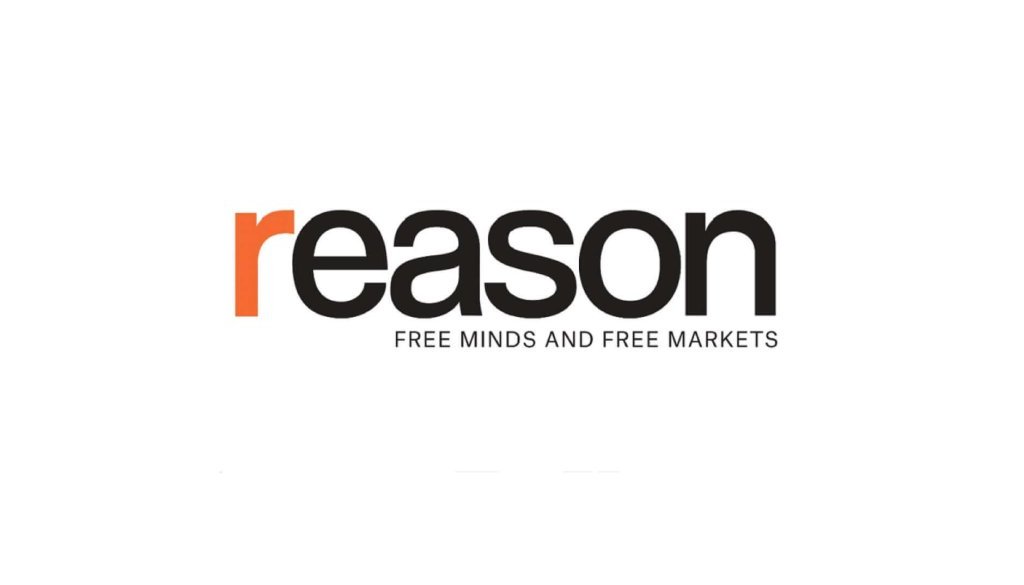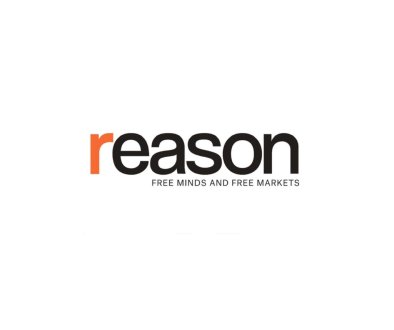Trump’s Tariff Mania Shows the Folly of Central Planning
After the markets experienced a dramatic rebound last Wednesday, President Donald Trump praised himself for the historic financial upswing. That was the equivalent of setting yourself on fire, jumping in a swimming pool, and then touting your firefighting skills. By the time you read this, it’s anyone’s guess where stocks will be. Right now, they are sliding again and are well below where they were before the tariff debacle.
The market reaction was an odd coincidence. Every time Trump threatened to impose tariffs that would create massive new taxes on U.S. consumers, disrupt supply chains, and destroy import-dependent businesses, the markets tanked. Then whenever he backed away, delayed, or pared back their scope, the markets rebounded. It’s almost as if there’s a connection. Nevertheless, markets hate uncertainty—and businesses can’t adjust to ever-changing trade edicts.
Maybe investors know something that the administration’s oddball collection of economic ideologues and mystics don’t understand. One financial-services firm sent a message offering “support” during the tumult. I didn’t know investment banks had staff psychologists, but all investors will likely need one at this rate. Even if Trump were a font of intelligence and wisdom (hint: he’s not), no one person should be directing any country’s economy.
The Trump team couldn’t even get its talking points straight. MAGA told us the increases would bring back manufacturing jobs and create prosperity. When markets freaked out, they told us, sure, there would be pain, and we had to get used to eating turnips rather than fresh fruits from Mexico. Some MAGA influencers even said the policy would build manliness.
Then when Trump backed off, his minions claimed it was all part of a 4D-level chess negotiating strategy designed actually to eliminate tariffs and create “fair” trade. If you’re arguing for tariffs and then pivoting to “it’s a negotiating ploy,” then you need to reexamine your intellectual consistency. The former assumes they are good; the latter that they’re fundamentally bad.
The whole “fair” trade concept is Orwellian. In a free-market transaction, the only fairness that matters is whether a buyer thinks the deal is fair and whether the seller also believes the deal is fair. I have no interest in first investigating that business’ entire supply chain to worry about whether every person involved throughout the process meets some subjective standard, although it’s fine to only buy stuff from companies one likes.
If we only traded with people who endorsed the same regulations and had the same living standards as us, we wouldn’t trade with anyone outside our own family—and even that’s not certain. Some exceptions apply—e.g., it’s laudable to
Article from Reason.com

The Reason Magazine website is a go-to destination for libertarians seeking cogent analysis, investigative reporting, and thought-provoking commentary. Championing the principles of individual freedom, limited government, and free markets, the site offers a diverse range of articles, videos, and podcasts that challenge conventional wisdom and advocate for libertarian solutions. Whether you’re interested in politics, culture, or technology, Reason provides a unique lens that prioritizes liberty and rational discourse. It’s an essential resource for those who value critical thinking and nuanced debate in the pursuit of a freer society.



